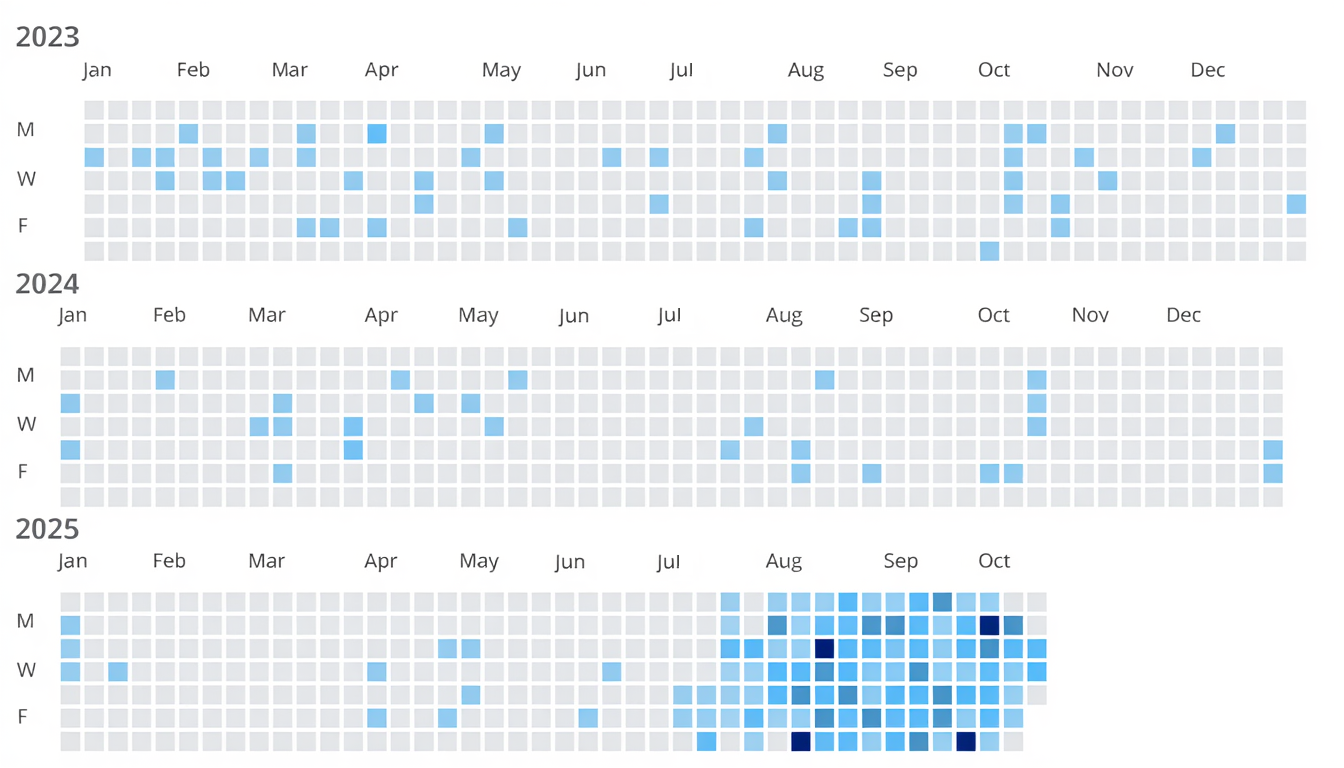At this point it's pretty obvious that AI coding agents can massively accelerate the time it takes to build software. But when software development teams experience huge productivity booms, how do design teams respond? Here's the most common reactions I've seen.
In all the technology companies I've worked at, big and small, there's always been a mindset of "we don't have enough resources to get everything we want done." Whether that's an excuse or not, companies consistently strive for more productivity. Well, now we have it.
More and more developers are finding that today's AI coding agents massively increase their productivity. As an example, Amazon's Joe Magerramov recently outlined how his "team's 10x throughput increase isn't theoretical, it's measurable." And before you think "vibe coding, crap" his post is a great walkthrough on how developers moving at 200 mph are cognizant of the need to keep quality high and rethink a lot of their process to effectively implement 100 commits a day vs. 10.
But what happens to software design teams when their development counterparts are shipping 10x faster? I've seen three recurring reactions:
- Our Role Has Changed
- We're Also Faster Now
- It's Just Faster Slop
Our Role Has Changed
Instead of spending most of their time creating mockups that engineers will later be asked to build, designers increasingly focus on UX alignment after things are built. That is, ensuring the increased volume of features developers are coding fit into a cohesive product experience. This flips the role of designers and developers.
For years, design teams operated "out ahead" of engineering, unburdened by technical debt and infrastructure limitations. Designers would spend time in mockups and prototypes envisioning what could be build before development started. Then developers would need to "clean up" by working out all the edge cases, states, technical issues, etc that came up when it came time to implement.
Now development teams are "out ahead" of design, with new features becoming code at a furious pace. UX refinement and thoughtful integration into the structure and purpose of a product is the "clean up" needed afterward.
We're Also Faster Now
An increasing number of designers are picking up AI coding tools themselves to prototype and even ship features. If developers can move this fast with AI, why can't designers? This lets them stay closer to the actual product rather than working in abstract mockups. At Perplexity, designers and engineers collaborate directly on prompting as a programming language. At Sigma, designers are fixing UX issues in production using tools like Augment Code.
It's Just Faster Slop
The third response I hear is more skeptical: just because AI makes developers faster doesn't mean it makes good products. While it feels good to take the high ground, the reality is software development is changing. Developers won't be going back to 1x productivity any time soon.
"Ninety percent of everything is crap" - Sturgeon's lawIt's also worth remembering Sturgeon's Law which originated when the science fiction writer was asked why 90% of science fiction writing is crap. He replied that 90% of everything is crap.
So is a lot of AI-generated code not great? Sure, but a lot of code is not great period. As always it's very hard to make something good, regardless of the tools one uses. For both designers and developers, the tools change but the fundamental job doesn't.
.png)







